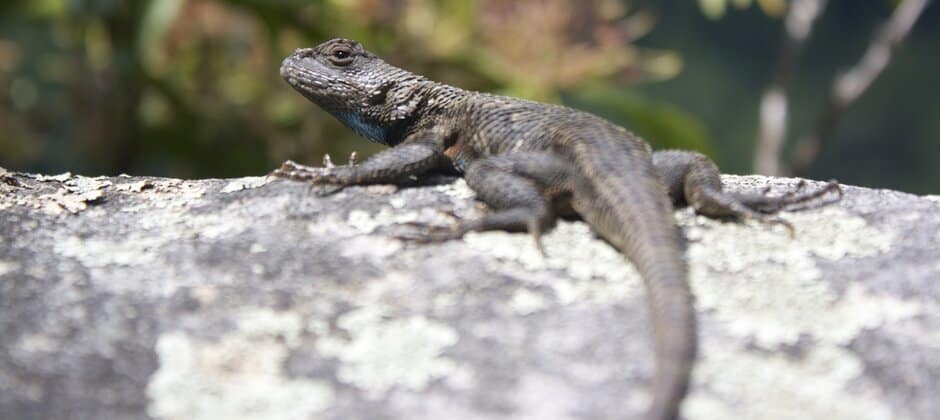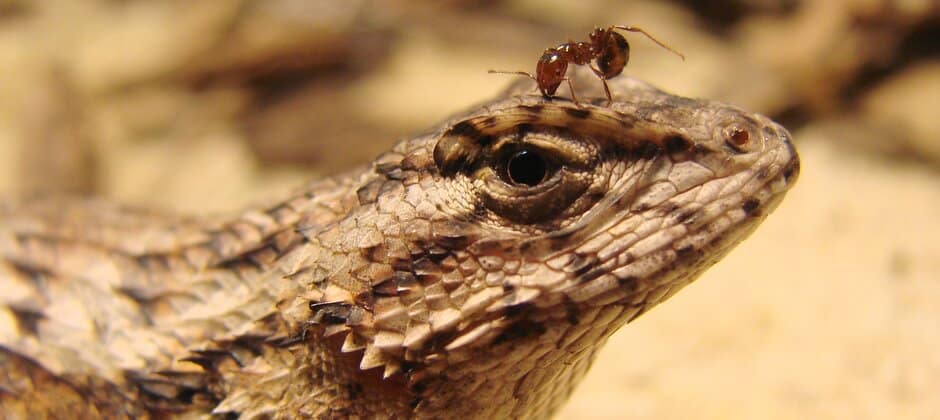- News
-
-
-
-
-
Latest News Articles
- 2024 TWS Elections: Canadian Representative April 18, 2024
- Gentrification brings more wildlife to urban areas April 18, 2024
- Oil and gas development, tree cover not good for pronghorn productivity April 17, 2024
-
-
-
- Wildlife Professional Resources
-
- Our Network
-
- PUBLICATIONS
-
-
Recent Posts
-
 The Wildlife Professional November/December Issue
November 1, 2023
The Wildlife Professional November/December Issue
November 1, 2023
-
-
-
-
-
-
- Wildlife Events
-
-
-
Upcoming Webinars
- No Events
-
-
-
- Who We Are
-
Tag: eastern fence lizard

November 10, 2021
TWS2021: Eating fire ants may protect fence lizards
Eastern fence lizards may be eating their way to immunity from invasive ant venom in the Southeastern United States. Red imported fire ants (Solenopsis invicta) were first introduced to states...

February 26, 2021
Lizards evolve antibodies to fight off invasive fire ants
Fence lizards in Alabama are evolving stronger immune systems in response to decades of coping with the venom from invasive fire ants, but they may also become more vulnerable to...

